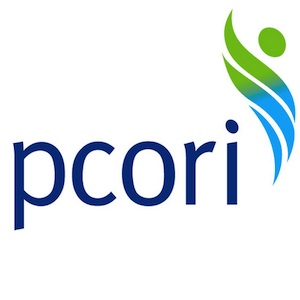
This post originally appeared in Nature News Blog, posted by
The Patient-Centered Outcomes Research Institute (PCORI) — an organization established by the US government to enable research on the comparative effectiveness of clinical therapies — has announced its first batch of primary research grant programs at a meeting of its governing board in Denver, Colorado.
“Today marks a major milestone in our work as we build a portfolio of patient-centered research that will provide patients and those who care for them better information about health care decisions they face,” said Joe Selby, PCORI’s Executive Director, said in a statement. “Our funding announcements reflect PCORI’s commitment to a patient-centered research agenda, emphasizing the inclusion of patients and caregivers at all stages of the research.”
In practical terms, the announcement means that PCORI, which was established in 2010 as part of US President Barack Obama’s sweeping health care reform law, will distribute some $96 million in cash for research projects across four categories: decisions patients must make on prevention, diagnosis, and treatment options; improving healthcare systems; communication and dissemination; and addressing health disparities. An additional $24 million grant program that will focus on accelerating patient-centered and methodological research is slated for release this summer.
“We believe there’s a pent up demand for this kind of research, and we’re very excited to see what kind of response we get,” Selby told Nature.
The point of comparing prevention and treatment options for patients or groups of patients is to help them make more informed healthcare decisions, resulting in better outcomes and greater efficiencies. “The question for the patient is often not whether the 12th drug down the line is better than the placebo,” says Michael Steinman, director of Comparative Effectiveness Research at UC San Francisco’s Clinical and Translational Science Institute in California. Instead, says Steinman, it is about figuring out which treatment option is best and which is best for the patient. “Traditional research often doesn’t address those questions,” he adds.
